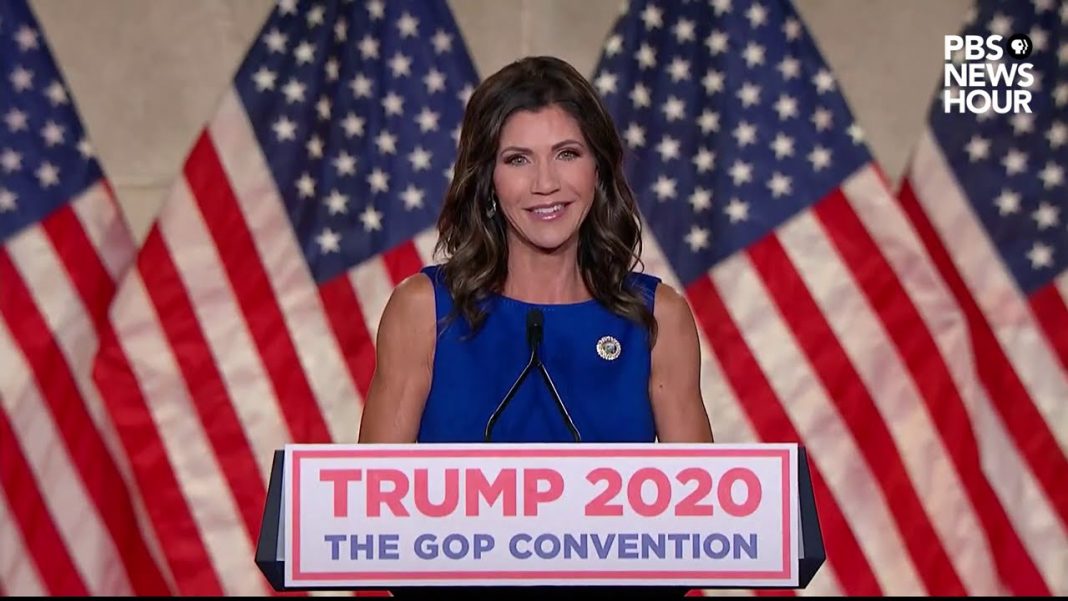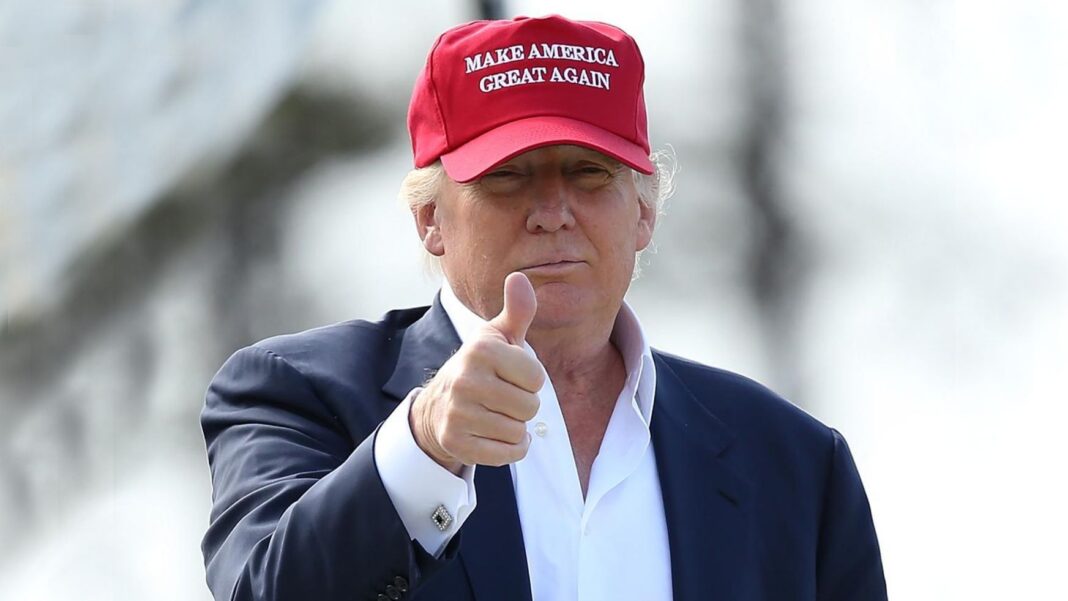Islamists have been attempting for years to gain influence within the US political system. They align themselves with the left wing of the Democratic Party not because they support LGBT rights or abortion, but to gain power through the progressive agenda of intersectionality and multiculturalism.
Recently Islamists have begun electing their own candidates, who presented moderate views while campaigning, but after being elected champion left-wing causes. And in private, Islamist activists often say that when they have enough power, they will turn on their progressive allies and implement their own priorities.
About The Middle East Forum
The Middle East Forum, a think tank founded in 1994 by Daniel Pipes, promotes American interests in the Middle East and protects Western values from Middle Eastern threats. In the Middle East, we focus on ways to defeat radical Islam; work for Palestinian acceptance of Israel; develop strategies to contain Iran; and deal with advancing anarchy. Domestically, the Forum emphasizes the danger of lawful Islamism; protects the freedoms of anti-Islamist authors, and activists; and works to improve Middle East studies.
Coming to Terms: Fundamentalists or Islamists?
No one who reads or writes about events in the Muslim world can avoid the question of how to label those Muslims who invoke Islam as the source of authority for all political and social action. Should they be labeled Islamic (or Muslim) fundamentalists? Or are they better described as Islamists?
The issue has been the subject of a heated debate for two decades. For a while, both general and scholarly usage in America accepted fundamentalism. Islamism emerged in the late 1980s in French academe and then crossed into English, where it eventually displaced Islamic fundamentalism in specialized contexts. More recently, the term Islamism has gained even wider currency, and since September 11, 2001, it may even have established itself as the preferred American usage. Still newer terminology may lie over the horizon.
Behind the battle over usage lies another struggle, over the nature of the phenomenon itself. In fact, the two contests, over English usage and analytical understanding, are inseparable. Nor are they free of associations left by past usages. Here follows a short history of changing usage—itself a history of changing Western perceptions of Muslim reality.
Read Full Article Coming to Terms: Fundamentalists or Islamists?







